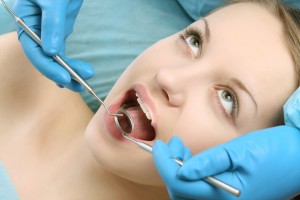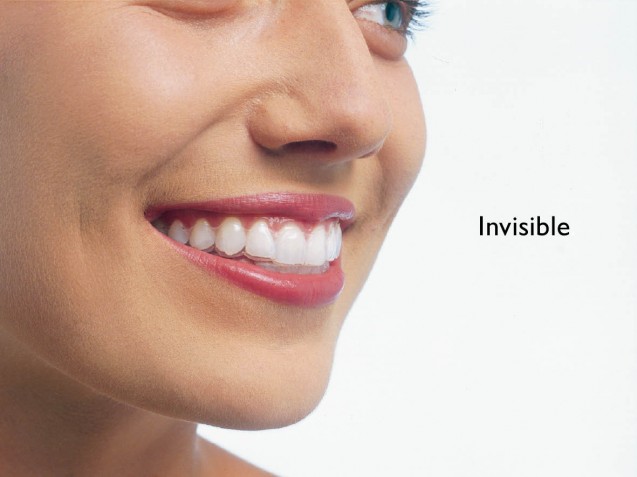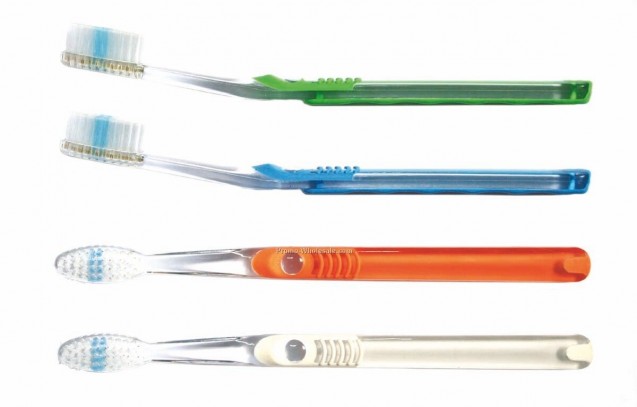TIME TO THINK ABOUT YOUR DRINK! Many of us know the harmful effects of sugary and acidic drinks on our teeth. When we drink sweet beverages, sugars in the drink combine with bacteria in our mouths to produce acids that wear away our teeth. Even “diet” and “sugar-free” options contain their own acids that can weaken tooth enamel.
Making good drink choices can not only save your smile, but it can improve your overall health as well! Here are a few ways to protect your health:
Drink more water–not only does it not contain any sugar or acid, water also hydrates better than sugary drinks.
Drink soft-drinks in moderation, if at all.
Use a straw–this causes your teeth to be less exposed to the sugar and acid in drinks.
Don’t drink sugary drinks before bed–if you do, sugar and acid will remain on your teeth throughout the night.
We’ve noticed that our patients who make healthier drink choices have fewer cavities and healthier teeth. It takes time to get rid of any habit. Usually around 40 days. Commit yourself to water for 40 days and see the difference for yourself. Not just in your oral hygiene but your overall health as well.
Take The Pledge!
This month, we’re asking our patients to take the pledge to “Think About Your Drink”! Throughout the month, you can come into our office and pledge to make an effort to make healthier drink choices. By taking the challenge, you promise to make an effort to switch sugary and unhealthy drinks for water and by doing so, you are entered to win a prize at the end of the month.
We’ll be giving away a brand new Samsung Galaxy tab for one lucky winner. We will select one lucky winner from our raffle. The promotion will end on October 10th.
We’re Really Excited About This Promotion, Because it’s a chance for us and our patients to make a positive change in our lives.
It’s easy and everybody wins! Choosing to make healthier drink choices will protect your teeth and help maintain your beautiful smile. Even one less sugary drink per day can make a huge difference in improving your whole-body health.
Renowned dentists in Mississauga always advice to take preventive measures to protect dental health.
Good luck and Think About Your Drink!
More

According to a surprising new study, people who have more dental cavities are at lower risk of being diagnosed with head and neck cancer, compared with patients who have few or no cavities.
Dental cavities (or caries) are caused by tooth decay. This is when the bacteria present in the mouth make lactic acids that strip away minerals in the tooth by fermenting carbohydrates.
According to the researchers from the University at Buffalo, NY, previous studies have shown the bacteria that causes tooth decay is linked to an immune response, which may be protective against cancer.
For this study, published online in JAMA Otolaryngology – Head and Neck Surgery, the researchers set out to determine if there is a significant link between dental cavities and Head and Neck Squamous Cell Carcinoma (HNSCC).
The study involved 399 patients newly diagnosed with HNSCC, and 221 participants without the cancer who were all selected from the Department of Dentistry and Maxillofacial Prosthetics at Roswell Park Cancer Industry between 1999 and 2007.
The researchers analyzed the dental history of all patients, particularly their history of dental cavities, by measuring the number of decayed, missing and filled teeth.
Dental cavities a form of ‘collateral damage’
Of the 399 patients with HNSCC, 146 (36.6%) had oral cavity squamous cell carcinoma (SCC). Oropharyngeal SCC occurred in 151 (37.8%) patients, while 102 (25.6%) had laryngeal SCC.
The results of the study overall showed that those who had high cavity numbers and who placed in the top third of participants were less likely to have HNSCC, compared with participants who had low cavity numbers in the bottom third.
The study authors explain:
“Caries is a dental plaque-related disease. Lactic acid bacteria cause demineralization (caries) only when they are in dental plaque in immediate contact with the tooth surface. The presence of these otherwise beneficial bacteria in saliva or on mucosal surfaces may protect the host against chronic inflammatory diseases and HNSCC.
We could think of dental caries as a form of ‘collateral damage’ and develop strategies to reduce its risk while preserving the beneficial effects of the lactic acid bacteria.”
The researchers say that a potential strategy to reduce the risk of dental cavities while still preserving the lactic acid bacteria could be to implement mechanical plaque control, preservation of saliva and use of fluoride, as well as controlling diet and other risk factors.
They add:
“Future studies assessing the potential effects of the oral microbiome and associated immune responses on HNSCC will help elucidate the biological mechanism of the clinical association that we have observed in this study.”
Medical News Today recently reported on a study that suggested poor oral health and gum disease could lead to a higher risk of throat cancer.
Written by Honor Whiteman
Copyright: Medical News Today
More
Teaching your toddler to take care of his teeth is just one way you can show your growing child how to take responsibility for his body. This can be a challenge because 3-year-olds are motivated mainly by fun and pleasure, not by health and necessity. If you want to end his resistance to brush, your best bet is to make this nightly chore a fun ritual for him. Here are a few tricks you can use to do just that:
More
What is Invisalign?
Invisalign is the invisible way to straighten teeth without braces. Invisalign uses a series of clear, removable aligners to gradually straighten teeth, without metal or wires. making it almost invisible braces. If you are looking for a dentist in Mississauga who can help you with dental braces in Mississauga , you can get more insights from this article.
More
From the time we’re young, we’re taught that using a Toothbrush regularly is one of the best ways to keep our teeth and gums healthy. But which toothbrush is best?
You can’t overestimate the importance of good oral hygiene — not only for dental health, but for your overall wellbeing. In fact, gum disease is a major risk factor for the development of serious health conditions, including heart disease and diabetes.
More




